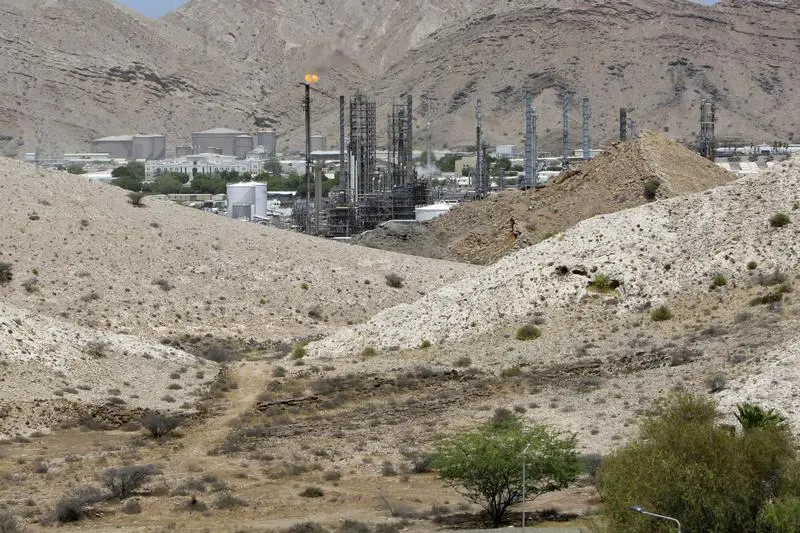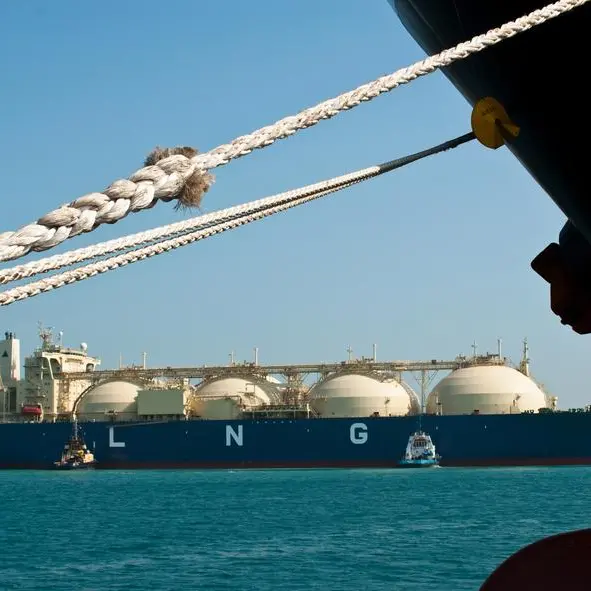PHOTO
Petroleum Development Oman (PDO), the country’s leading oil and gas producer, has embarked on a significant environmental initiative with the launch of a Request for Information (RFI) aimed at identifying companies interested in developing projects to recover small-scale flare gas at its production stations in southern Oman. This initiative, known as the ‘South AP Flare Recovery Project,’ is part of PDO's broader strategy to reduce greenhouse gas emissions and enhance sustainable practices in its operations.
The project targets the reduction of routine flaring from atmospheric dehydration tanks at production stations located in the Bahja, Rima, Amal, Marmul, and Nimr clusters. Flare gas recovery is a critical component of PDO's efforts to minimise the environmental impact of its oil production activities. By selling the flared gas to vendors who will assume all environmental liabilities, PDO aims to mitigate greenhouse gas emissions effectively.
Historically, during oil processing, valuable natural gas is frequently released into the atmosphere as a by-product. Typically, oil companies manage this associated gas through flare combustion. However, PDO's initiative seeks to shift this paradigm by eliminating routine flaring within its conventional facilities in southern Oman. The project envisions a sustainable approach where vendors purchase the flared gas and are responsible for its commercialisation and associated environmental impacts.
The scope of work under the RFI involves exploring the recovery of small-scale flare gas across five production stations, where gas flow rates vary from 3 kilo standard cubic metres per day (ksm3/d) to 80 ksm3/d. The gas contains hydrogen sulfide levels ranging from 0 PPM to 14,000 PPM, with a notably low gas oil ratio (GOR) in most fields. The geographical distribution of these stations poses a challenge, as they are spread at least 50 kilometres apart, complicating the logistics of centralised gas collection.
PDO's approach under the RFI is based on a ‘Flare Gas Purchase Agreement’ model. This model allows the company to sell the flared gas while transferring all liabilities to the vendor. The vendor is expected to commercialise all by-products, with PDO maintaining no commitments to any third party. The RFI seeks detailed proposals from vendors, including their pricing models, cost breakdowns for setup and maintenance, and the anticipated PDO scope, such as necessary tie-ins and additional facilities.
Technical considerations are central to this project, with a focus on the Nimr and Amal thermal scopes. Gas from these stations, originating from Free Water Knock-Out (FWKO) units and Concentric Wash Tanks, is currently routed to the Atmospheric Pressure (AP) Flare system. Vendors are expected to propose technologies and outline expected products and by-products, which may vary across different sites.
The RFI also requests vendors to specify the minimum contract duration, provide details of their experience with similar projects, and include a percentage share of carbon credits. These elements are crucial for PDO to evaluate the viability and sustainability of potential partnerships.
The deadline for technology providers to respond to the RFI is set for September 19, 2024.
2022 © All right reserved for Oman Establishment for Press, Publication and Advertising (OEPPA) Provided by SyndiGate Media Inc. (Syndigate.info).





















